Iran expresses hope for inclusive Afghan govt. ahead of Tehran meeting
Iran has expressed hope for the formation of an inclusive government in Afghanistan that represents all ethnic groups and reflects their will, as it prepares to host a meeting with a unified message of support for the Afghan people.
Speaking at a media briefing on Tuesday, Iran’s Foreign Ministry spokesman Saeed Khatibzadeh announced that the meeting of foreign ministers of Afghanistan's six neighboring states plus Russia will be held in Tehran on Wednesday.
The top diplomats of Uzbekistan, Tajikistan, Turkmenistan, and Pakistan will attend the gathering in person, while the Chinese and Russian foreign ministers will be present online, he added.
Khatibzadeh also said that the event will open with a speech delivered by Iranian President Ebrahim Raeisi and that the UN chief will send a message to the summit.
“The message from the UN secretary general to the Tehran meeting means that the Islamic Republic will be the center of active diplomacy in the region, taking steps to contribute to regional peace and stability,” he said, highlighting Iran’s support for the people of Afghanistan over the past four decades and its hosting of nearly four million Afghan nationals.
The spokesman further stressed that the Tehran meeting is aimed at stepping up collaborations between Afghanistan's neighboring countries and creating lasting peace there, saying it is a continuation of the September virtual meeting of the foreign ministers of Afghanistan’s neighbors.
“The participants in that meeting agreed on basic principles, including that the future of Afghanistan should be formed according to the will of the country’s people. The first meeting also agreed to establish an inclusive government, under which a stable Afghanistan could be considered as part of the arrangements for inclusive regional cooperation. Additionally, this government should reflect the demographic and ethnic composition of Afghanistan,” he explained.
Khatibzadeh announced Iran’s hosting of the conference on Afghanistan in a press conference last week, during which he said Iran is in contact with all parties in Kabul and is “closely monitoring” the developments in the eastern neighbor.
He urged the international community to respond seriously to the escalation of violence in Afghanistan, saying Iran is committed to preventing the country from “entering the cycle of violence and terror” again.
The Wednesday conference will also take place a week after the third meeting of the Moscow Format Consultations on Afghanistan was held in the Russian capital, where the participants urged the invaders to take responsibility for the current crisis in Afghanistan, which has brought, according to the UN World Food Program (WFP), 3.2 million children under five close to acute malnutrition.
In his Tuesday remarks, Khatibzadeh also noted that the current situation in Afghanistan is accompanied by concerns, considerations, and at the same time hopes.
“I hope that we will see a comprehensive mechanism inside Afghanistan based on the will of its people and without foreign interference. For us, the people of Afghanistan, as well as protecting them and their rights, are the first priority.”
Khatibzadeh further noted that the Islamic Republic has always strongly advised against the interference of foreigners in Afghanistan’s affairs and respected the country’s independence and territorial integrity.
“Tomorrow, the foreign ministers will present the official views of their respective governments,” he said.
However, the spokesman went on, what “we have seen in the scandalous US escape from Afghanistan after two decades of occupation and violence is nothing other than the destruction of the country's social, political, and security foundations.”
“Many countries believe that the United States is a major factor in the current situation in Afghanistan. Of course, pathology and finding the roots of the situation in Afghanistan will be part of tomorrow's meeting, but the principle is the future of Afghanistan and the formation of a government based on the will of the country’s people.”
The US military led the invasion of Afghanistan in 2001 in what it proclaimed was a war on terror meant to eradicate the Taliban.
Twenty years on, in mid-August this year, the Afghan government and military collapsed in the face of the Taliban’s swift advances on the ground, which many attribute to a hasty withdrawal of US-led occupation forces from the country.
Taliban welcomes Ayatollah Khamenei’s call for unity
In the meantime, the Taliban’s foreign ministry spokesman has welcomed the latest remarks by Leader of the Islamic Revolution Ayatollah Seyyed Ali Khamenei on the necessity of unity among Shia and Sunni Muslims in Afghanistan.
“The Islamic Emirate of Afghanistan welcomes remarks by Supreme Leader of the Islamic Republic of Iran urging further unity between Ahl Sunnah (Sunnis) & Ahl Tashayyu (Shias) in Afghanistan,” Abdul Qahar Balkhi said via Twitter on Monday.
“Afghans have gained independence with unity & will also neuter plots of discord with unity, inshaAllah (God willing),” he added.
The Islamic Emirate of Afghanistan welcomes remarks by Supreme Leader of the Islamic Republic of Iran urging further unity between Ahl Sunnah & Ahl Tashayyu in Afghanistan.
— Abdul Qahar Balkhi (@QaharBalkhi) October 25, 2021
Afghans have gained independence with unity & will also neuter plots of discord with unity, inshaAllah. pic.twitter.com/pNDVkaasSi
Ayatollah Khamenei had underscored that it is not possible to achieve the important goal of creating a new Islamic civilization without the unity of Shias and Sunnis.
Addressing the 35th International Islamic Unity Conference in Tehran on Sunday, the Leader also pointed to the recent terrorist attacks targeting Shia Muslims in two separate mosques across Afghanistan, saying one of the ways to prevent such incidents is for the current Afghan officials to attend Shia centers and mosques and encourage Sunni Muslims to participate in inter-religious congregations.
China ‘firmly opposes’ US military aid to Taiwan
VIDEO | Press TV's News Headlines
President Yoon Suk Yeol to be removed from office
At least 19 Gazans killed by Israeli airstrikes since dawn: Medics
Leader: Iran neither has nor needs proxy forces
US fighter aircraft shot down ‘in friendly fire’ amid aggression on Yemen
Yemeni FM: Israel’s sponsors accountable for ongoing aggression on Sana’a
Eight Palestinians killed as Israel attacks Gaza school, hospitals


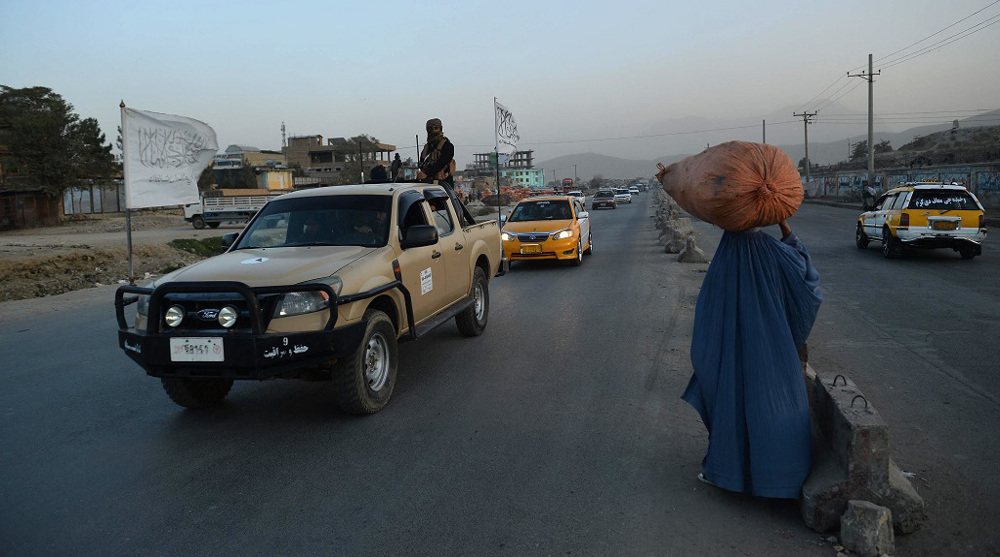
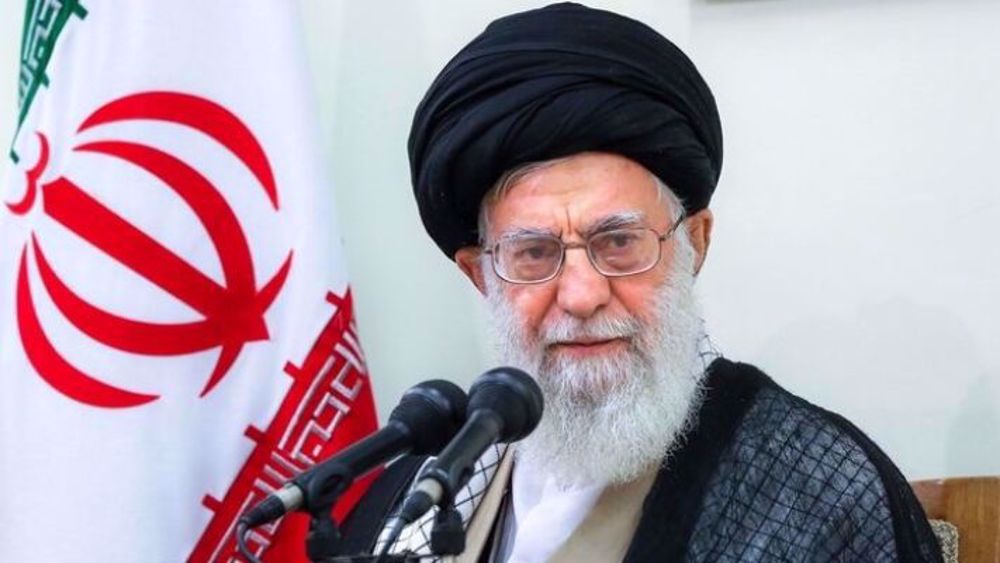

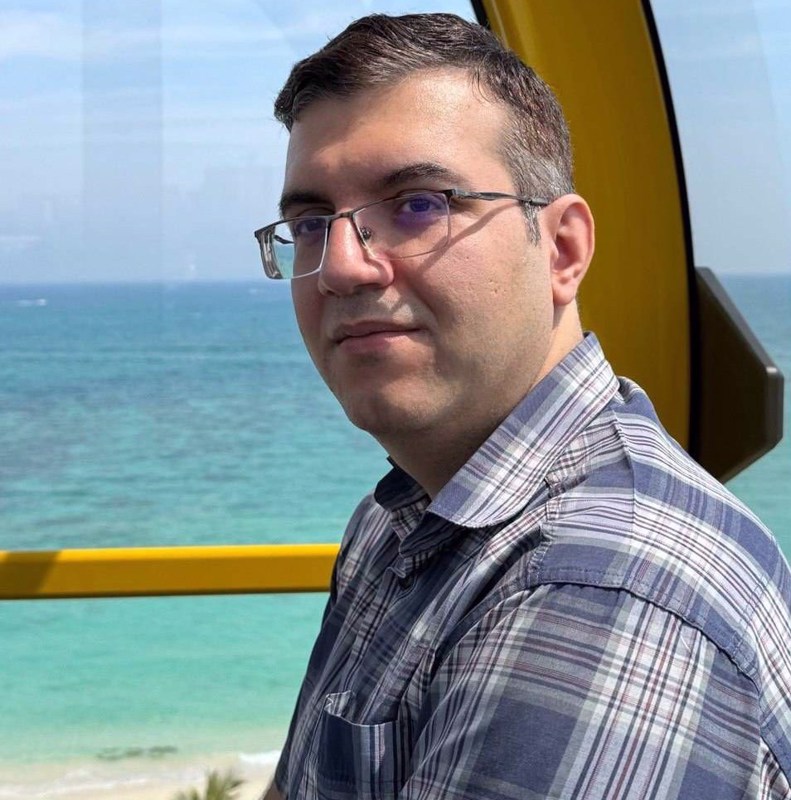
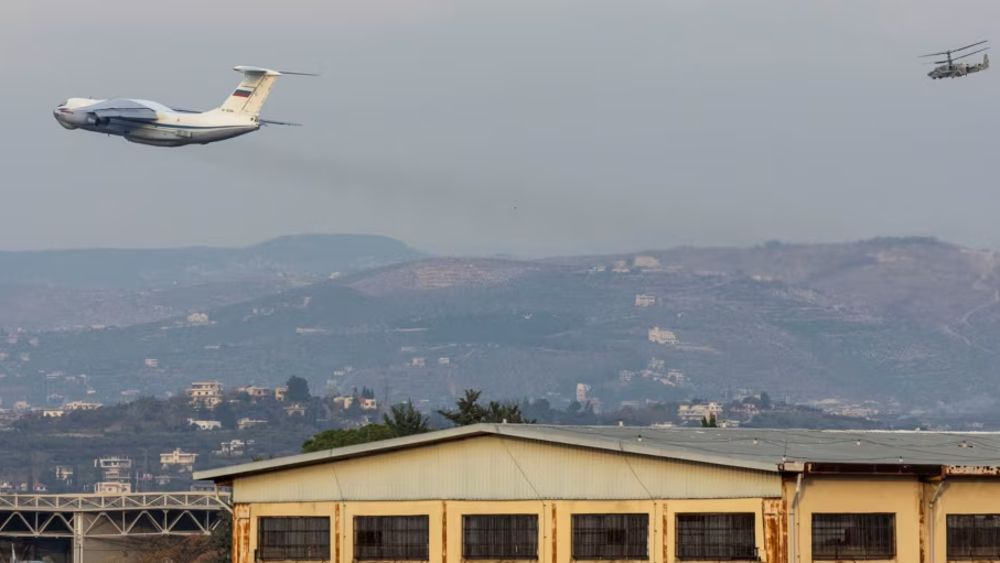



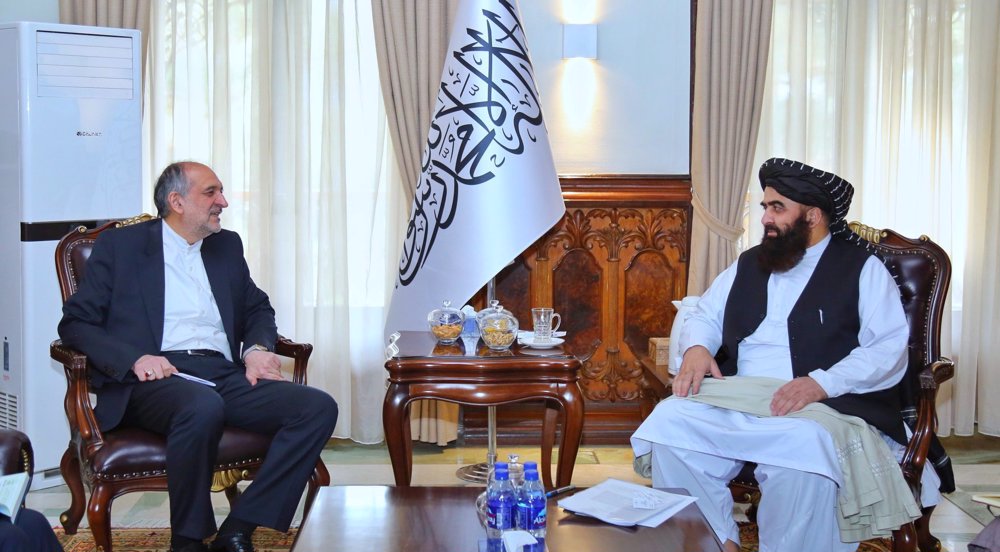
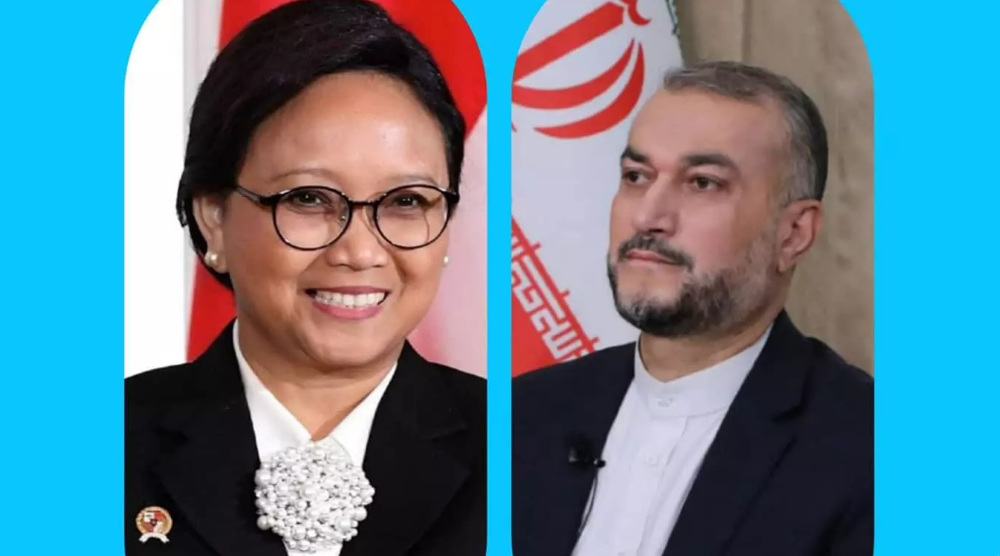
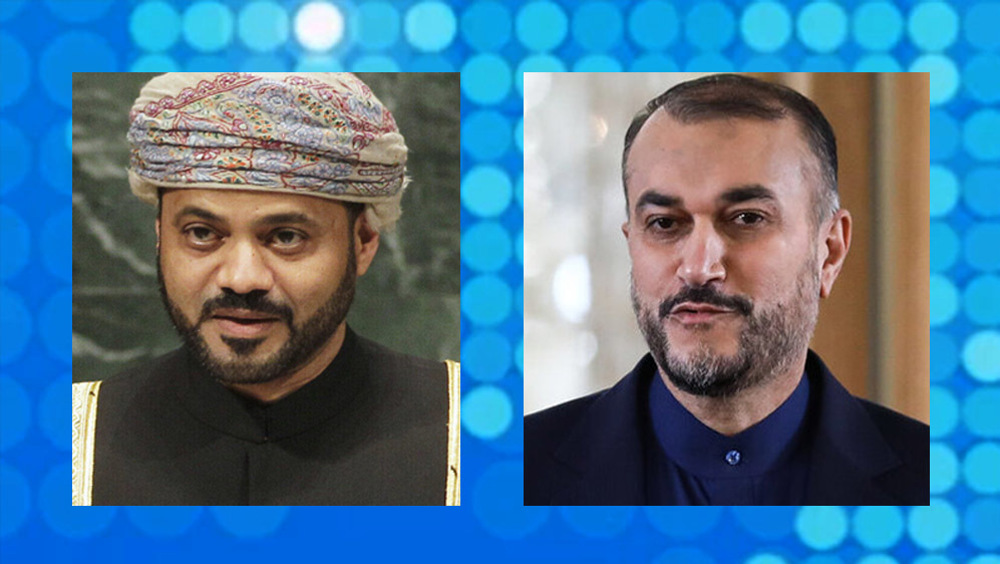
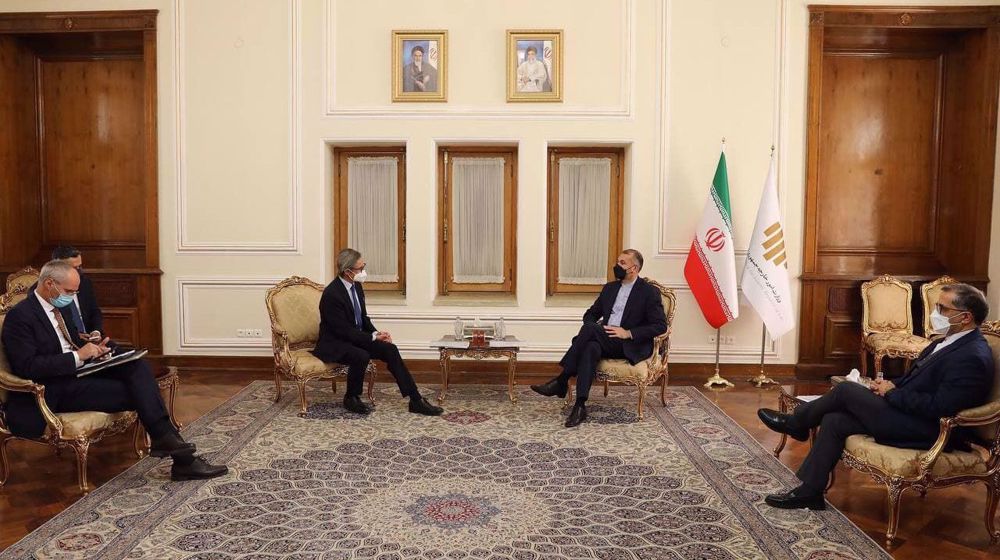
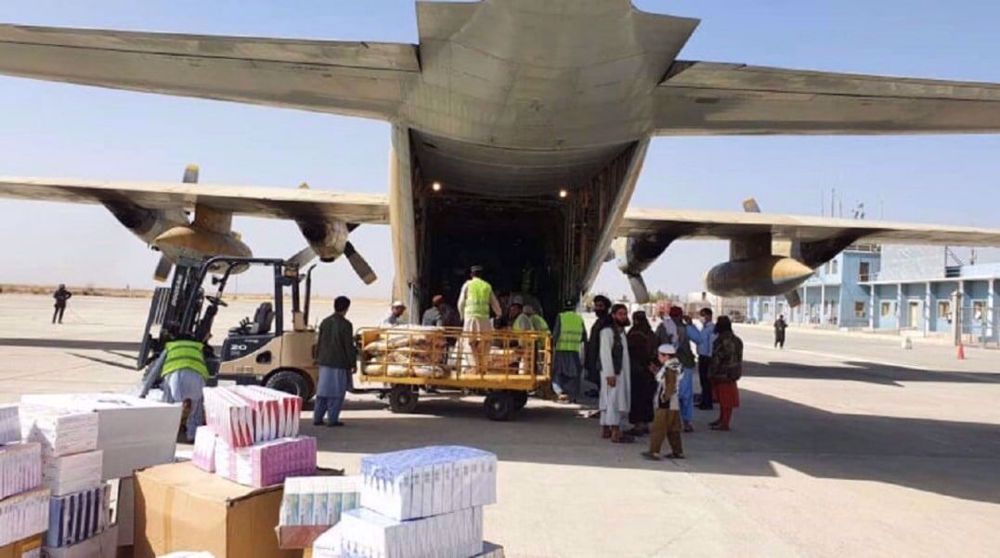

 This makes it easy to access the Press TV website
This makes it easy to access the Press TV website